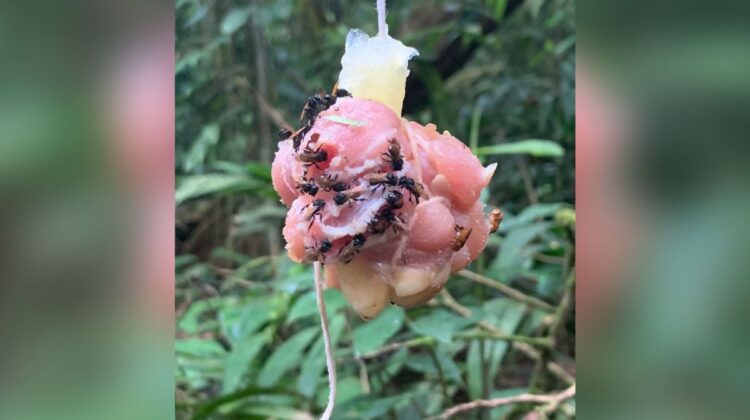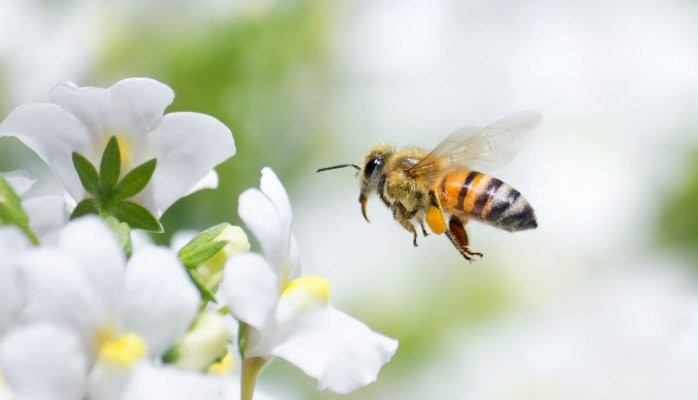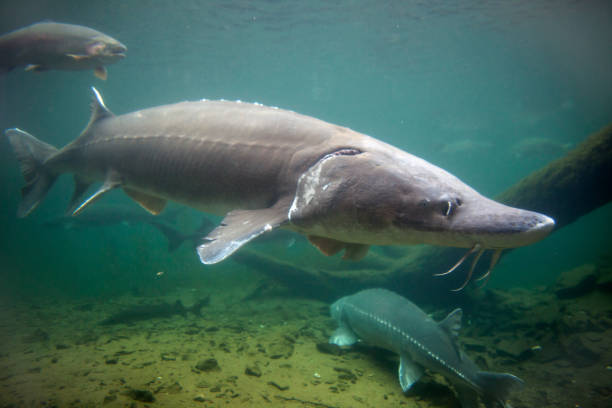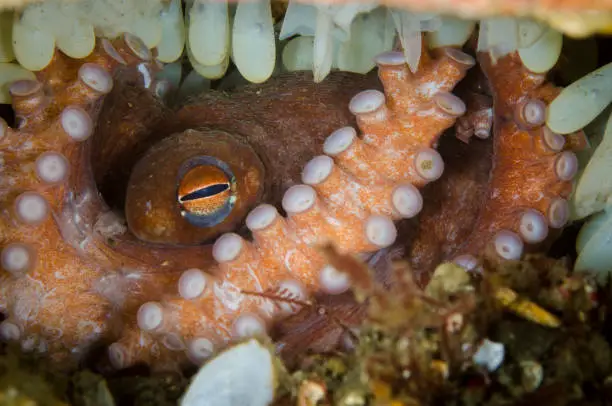Rotting flesh may be sweeter than honey: According to the researchers, these bees evolved to eat meat
Exploring the Fascinating World of Carnivorous Bees
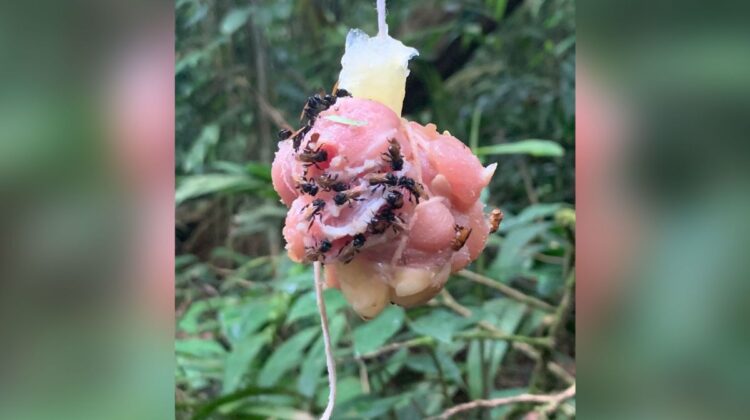
In the realm of bees, where pollen and nectar are the usual fare, a select few have developed a rather unexpected palate: meat. Scientists have recently uncovered that certain tropical bees, known as vulture bees, have evolved specialized adaptations to feast on flesh, shedding light on their unique ecological niche.
A study published in the journal mBio by the American Society of Microbiologists revealed insights into these intriguing creatures. It details how a particular stingless tropical bee species has evolved with adaptations like an extra biting tooth and a gut microbiome akin to vultures, enabling them to consume meat.
The study’s co-author, Laura Figueroa, explains that this peculiar diet adaptation likely arose due to intense competition for nectar. While most people envision bees amidst fields of wildflowers, vulture bees can be found in tropical rainforests, slicing meat chunks from carcasses.
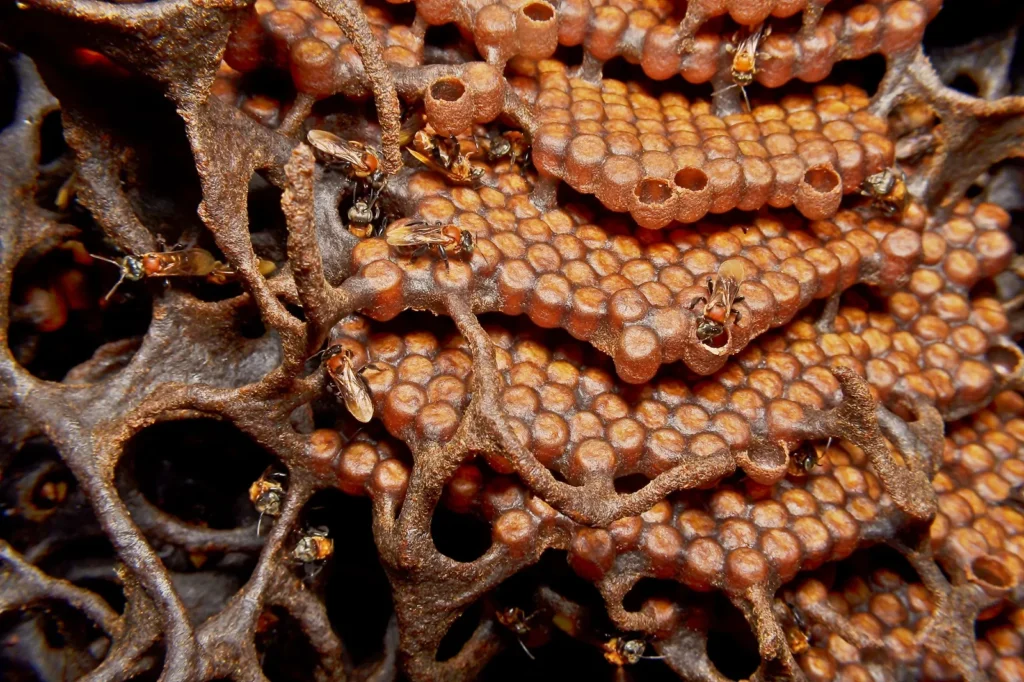
Researchers ventured to Costa Rica for their study, where they conducted experiments such as hanging raw chicken to attract vulture bees. This endeavor involved collaboration among Cornell University, Columbia University, and the University of California, Riverside, aimed at unraveling the mysteries of these carnivorous bees.
Unlike their pollen-collecting counterparts who use hind leg baskets, vulture bees utilize similar structures to transport meat—aptly referred to as “chicken baskets.” They exhibit a preference for fresh meat just beginning to decompose, avoiding fully rotted carcasses.
Further investigation into the vulture bee gut microbiome revealed acid-loving bacteria resembling those found in vultures and hyenas. These bacteria, such as Lactobacillus and Carnobacterium, aid in digesting flesh and protect the bees from harmful pathogens typically found in decaying meat.
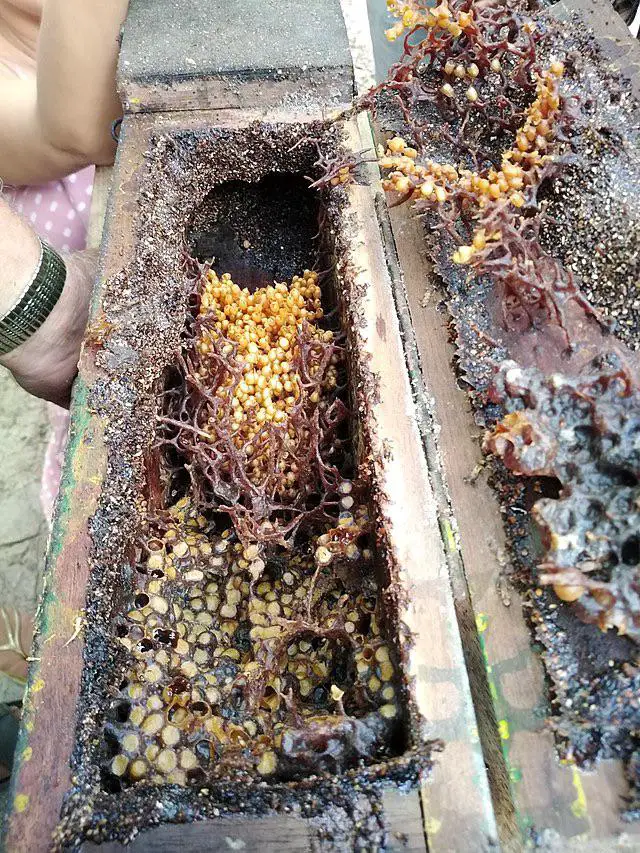
Despite their carnivorous tendencies, vulture bees continue to produce honey, which researchers speculate is sweet and edible, although it remains untested by Figueroa herself.
While carnivorous bees may sound intimidating, Figueroa finds them endearing. Her fascination with these insects began in 2015, prompting her to advocate for more research and conservation efforts to protect their habitats.
The study’s findings not only deepen our understanding of bee diversity but also highlight the intricate adaptations that enable species to thrive in diverse ecosystems. As research continues, scientists aim to uncover more about vulture bees’ microbiomes and the broader implications for ecological conservation.
In conclusion, the world of vulture bees challenges conventional notions about bee behavior and underscores the importance of preserving biodiversity. By delving deeper into these remarkable creatures, researchers hope to inspire a greater appreciation for the myriad ways nature adapts and thrives.
